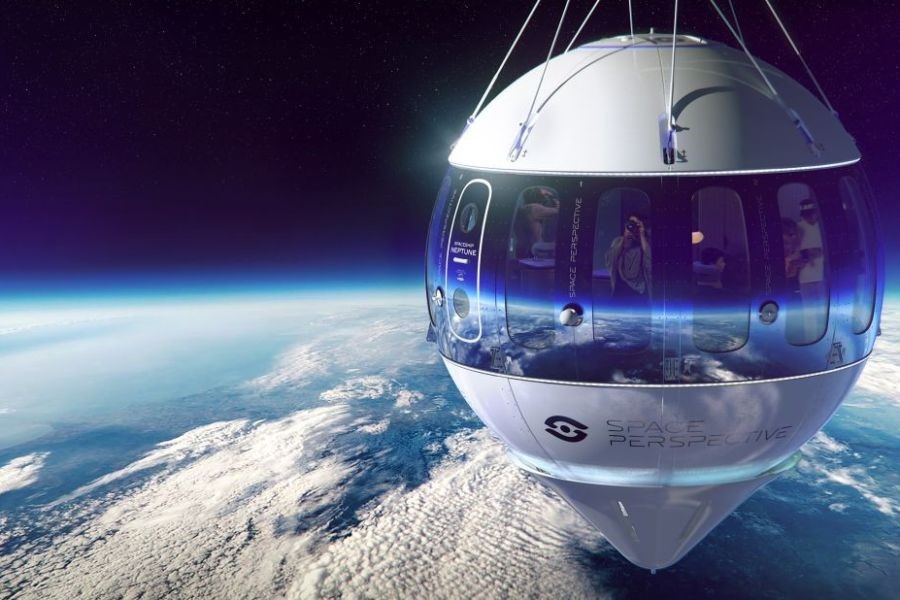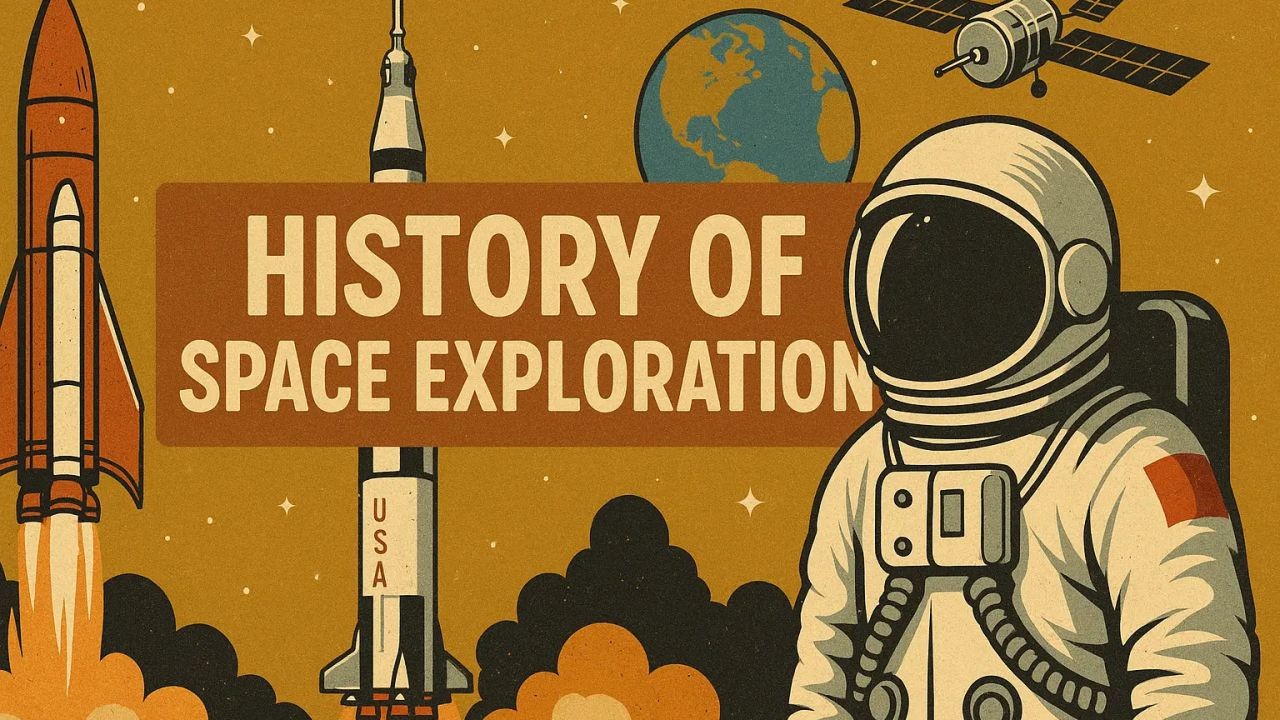In recent years, the notion of space tourism has shifted from science fiction to a tangible reality. As companies like SpaceX, Blue Origin, and Virgin Galactic make strides in commercial space travel, a compelling question arises: Could space tourism replace extreme sports in the next decade? For a manufacturing innovation consultant in Australia, understanding this potential shift is crucial, not only for anticipating industry trends but also for exploring new opportunities within the aerospace sector.
The Rise of Space Tourism
Space tourism is poised to become a multi-billion dollar industry. According to a report by UBS, the space tourism market could grow to $3 billion annually by 2030. This growth is driven by advancements in reusable rocket technology, which have drastically reduced the costs associated with space travel. In Australia, the government's support for space research and innovation, as outlined in the Australian Space Agency’s strategy, aligns with global trends, positioning the nation as a potential leader in this emerging market.
Australia's Role in Space Innovation
Australia has a rich history of involvement in space exploration and technology. The Australian Space Agency, established in 2018, aims to triple the size of the domestic space industry to $12 billion by 2030, creating 20,000 new jobs. The agency's focus on satellite technology and space exploration presents local businesses with opportunities to develop new products and services, potentially transforming the nation's approach to extreme sports and adventure tourism.
Space Tourism vs. Extreme Sports: A Comparative Analysis
Extreme sports have long been a staple of adventure tourism, offering thrill-seekers activities like skydiving, bungee jumping, and scuba diving. However, space tourism presents a new frontier for those seeking unparalleled experiences. Let's weigh the pros and cons of both industries.
Pros of Space Tourism
- Unique Experience: Space tourism offers an unparalleled experience that cannot be replicated on Earth.
- Technological Advancements: The industry drives innovation, particularly in aerospace and materials engineering.
- Economic Growth: Potential to boost the economy through job creation and technological exports.
Cons of Space Tourism
- High Costs: Currently, space travel remains prohibitively expensive for the average consumer.
- Safety Concerns: The risks associated with space travel are still significant.
- Environmental Impact: Rocket launches contribute to carbon emissions, raising sustainability issues.
Pros of Extreme Sports
- Accessibility: More affordable and widely available compared to space tourism.
- Community Engagement: Established communities and events foster social interaction and collaboration.
- Environmental Awareness: Many extreme sports promote environmental conservation and awareness.
Cons of Extreme Sports
- Inherent Risks: High potential for physical injury.
- Limited Novelty: As extreme sports become more mainstream, the novelty factor may diminish.
- Weather Dependency: Many sports are weather-dependent, limiting accessibility.
Case Study: Virgin Galactic and the Australian Aerospace Industry
Virgin Galactic, a pioneer in commercial space tourism, has already booked over 600 tickets priced at $250,000 each. Their approach to space tourism emphasizes safety and luxury, aiming to provide a transformative experience. In Australia, companies such as Gilmour Space Technologies are making significant strides in rocket development, supported by government grants and private investment. This synergy between global leaders and Australian innovators could position Australia as a hub for space tourism manufacturing and logistics.
Lessons for Australian Businesses
The potential for space tourism to disrupt traditional extreme sports markets offers a unique opportunity for Australian businesses. By investing in aerospace technology and developing partnerships with global space tourism companies, local industries can capitalize on this trend. Furthermore, Australia's robust regulatory framework, supported by the Australian Competition & Consumer Commission (ACCC) and Australian Prudential Regulation Authority (APRA), ensures a stable environment for innovation and investment.
Debunking Myths: Space Tourism Realities
- Myth: "Space tourism is only for the ultra-wealthy." Reality: While currently expensive, advancements in technology are expected to reduce costs significantly over the next decade.
- Myth: "Space tourism is unsafe." Reality: Companies are investing heavily in safety measures, and space travel is becoming increasingly secure with each mission.
- Myth: "Space tourism will harm the environment." Reality: While there are environmental concerns, companies are actively researching sustainable fuel alternatives.
Future Trends and Predictions
In the next decade, space tourism will likely become more accessible, driven by technological advancements and increased competition. Australia's role in this evolution is critical, with the potential to become a key player in the global space economy. By 2030, the integration of space tourism into broader travel and leisure industries could redefine adventure tourism, offering experiences that were once unimaginable.
Conclusion: Embracing the Future of Adventure
As space tourism continues to develop, the potential to replace or complement extreme sports is significant. For manufacturing innovation consultants in Australia, this represents an opportunity to explore new markets and technologies. By staying informed and adaptable, businesses can position themselves at the forefront of this exciting industry. What strategies are you considering to leverage the rise of space tourism? Share your thoughts and join the conversation!
People Also Ask (FAQ)
- How does space tourism impact businesses in Australia?AU businesses leveraging space tourism can benefit from increased job opportunities and technological advancements, enhancing industry growth.
- What are the biggest misconceptions about space tourism?A common myth is that space tourism is only for the wealthy, but technological advancements are making it more accessible.
- What strategies can businesses use to leverage space tourism?Businesses should invest in aerospace technology and develop partnerships with global space tourism companies to capitalize on this trend.
Related Search Queries
- Space tourism companies in Australia
- Future of extreme sports
- Impact of space tourism on adventure travel
- Technological advancements in space tourism
- Australia's role in space exploration
- Environmental impact of space travel
- Cost of space tourism
- Space tourism vs. extreme sports
- Innovations in aerospace technology
- Space tourism market growth

































MontyGaric
10 months ago